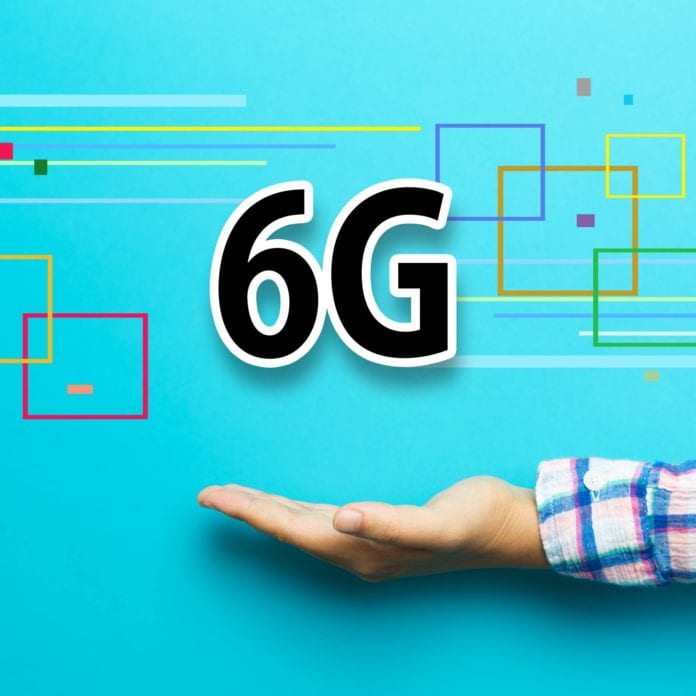The University of Glasgow recently confirmed it aims to set up a facility to test future “6G” communications systems, after securing a £2.6 million equipment grant.
In a statement, the University said that the Engineering and Physical Sciences Research Council (EPSRC) have backed its plans to expand the existing microwave and terahertz research lab at its Electronic Systems Design Centre with new equipment.
The university also noted that the facility will be the first of its kind in the world to comprehensively test prototype devices’ ability to process the complex signals and waveforms that will underpin 6G communications.
Researchers from the University of Glasgow will work with partners from across the U.K. to develop a “test cluster” – a suite of instruments capable of probing the features of new devices which have not yet been standardized but are expected to enable ultrafast digital communication up to 50 times faster than 5G.
Professor Edward Wasige, of the James Watt School of Engineering, said: “6G communications networks are expected to be commercially available by 2030, and to deliver transformative benefits beyond the already remarkable capabilities of 5G. However, there is still a great deal of work to be done to develop the infrastructure, spectrum and protocols that will support data transfer at the speeds of 1.1 terahertz and beyond to deliver 6G. Our new facility will play a key role in supporting the development of the technology which will underpin the next generation of wireless communications.”
Chong Li, director of the Electronic Systems Design Centre (ESDC), said: “Our Microwave and Terahertz research lab has played a key role in the development of cutting-edge communications systems since it was established in 2006. It has generated more than £40m in grant funding and involved more than 80 PhD students and we are confident that this new test cluster will be equally vital in supporting cutting-edge research and development, as well as the education of the next generation of engineers.”
The project will involve the input of partners at the Compound Semiconductor App Catapult, Keysight Technologies, the National Physical Laboratory, STFC Laboratories, and the Scotland 5G Center. The development of the project will also involve the University of Glasgow’s Urban Testbed, funded by The Scotland 5G Center.
Paul Coffey, CEO of the Scotland 5G Center, said: “This is an outstanding achievement for the University of Glasgow. 5G is game-changer technology, which is revolutionizing digital services and enabling communities to embrace digital connectivity and so too will 6G. The Scotland 5G Center is delighted to support this project through funding the 5G Testbed, allowing further developments and research to be carried out in this field.”
Work on the two-year project, which is officially called Millimeter-wave and Terahertz On-chip Circuit Test Cluster for 6G Communications and Beyond, or TiC6G, is expected to begin in January 2022.

